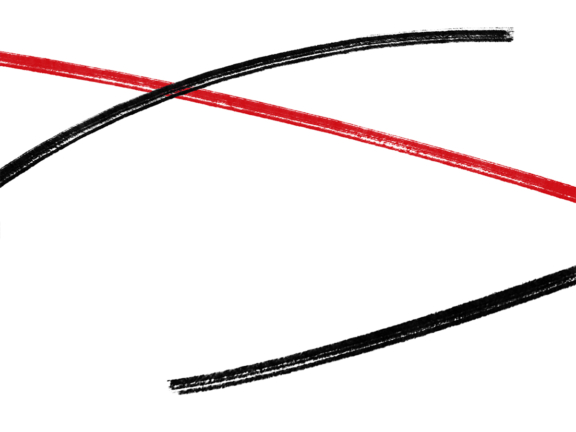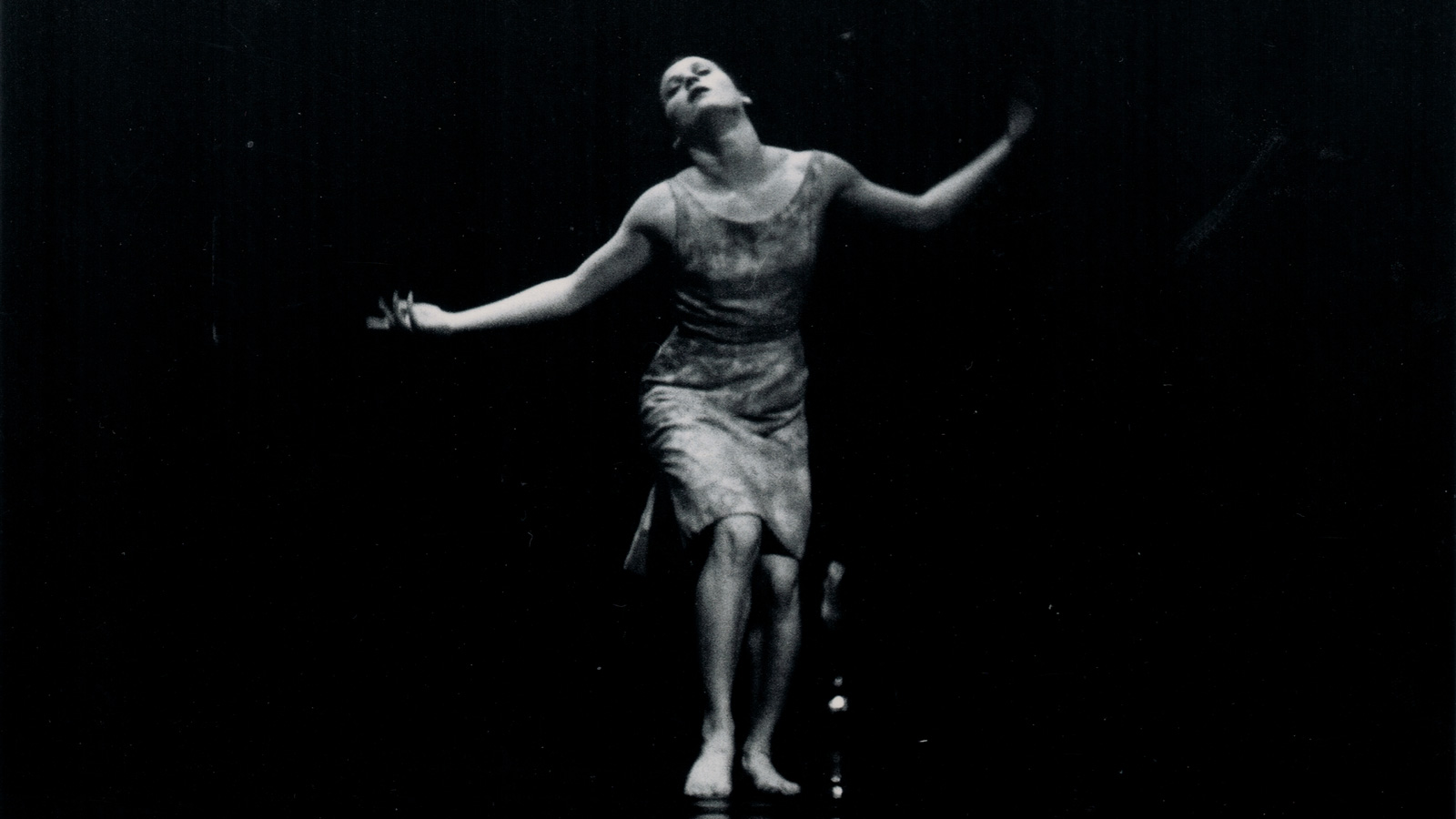
The Portuguese do not have a body
With Luís Guerra, Vera Mantero and Paulina Santos, moderated by Alexandre Melo
Event Slider
Date
- / Cancelled / Sold out
Location
Main Staircase Calouste Gulbenkian FoundationIn the context of the dance not dance programme, the work of Vera Mantero is revisited by the National Ballet of Portugal (CNB), and constitutes a rare moment of intersection between the protagonists of Nova Dança Portuguesa [New Portuguese Dance] and this company. Within the same programme, Luís Guerra visits Almada Negreiros’ choreographic work with an original creation, presented on the same day.
Almada Negreiros, o bailarino [Almada Negreiros, the dancer], by Luís Guerra, and Talvez ela poderia dançar primeiro e dançar depois [Perhaps she could dance first and think later], by Vera Mantero, are followed by a talk with both artists and Paulina Santos (CNB’s soloist), moderated by Alexandre Melo.
The article “Os Portugueses não têm corpo” [The Portuguese do not have a body] (1993) was written by Alexandre Melo after watching Talvez ela pudesse dançar primeiro e pensar depois [Perhaps she could dance first and think later] (1991) by Vera Mantero and Nossa Senhora das Flores [Our Lady of the Flowers] (1993) by Francisco Camacho. The unusual emergence of the body – present, sexualised, carnal – in the work of these artists led him to ask if the Portuguese “had a body”, given its absence from “the dominant discourses in Portuguese society”.
Articulating modernity with corporeality apropos of the emergence of NDP and the nervousness of history which these dances make visible, André Lepecki (2001) looks back to Almada Negreiros and the manifesto “Os Bailados Russos em Lisboa” [Ballets Russes in Lisbon], published in 1917 in the sole issue of the magazine Portugal Futurista. Expressed in it is the desire to transform what was seen as an anachronistic Portuguese body into a modern European one.
Image: Talvez ela pudesse dançar primeiro e pensar depois, by Vera Mantero © José Fabião. O Rumo do Fumo
Luís Guerra (1985, Lisbon) is a Portuguese artist who expresses himself through dance, painting and writing. He studied dance at the National Conservatory, choreography at the Calouste Gulbenkian Foundation, massage at the Institute of Traditional Medicine and painting and drawing at Ar.Co, where he is currently attending an advanced visual arts course. He regularly works with other creators as a performer.
Vera Mantero (1966, Lisbon) has studied classical dance with Anna Mascolo and was a member of the Gulbenkian Ballet between 1984 and 1989. She became one of the centerpieces of New Portuguese Dance, starting her choreographic career in 1987 and showing her work throughout Europe, the Americas and Asia. She has been awarded numerous prizes and honors for her artistic work over the years.
Paulina Santos (1973, Bragança) has studied classical dance at the Porto Ballet Academy. She joined the National Ballet of Portugal (CNB) in 1990 under the direction of Armando Jorge and, in 2004, under the direction of Marc Jonkers, she became a soloist. She has also worked with Vasco Wellenkamp's Portuguese Contemporary Ballet Company (CPBC), Anne Teresa de Keersmaeker's Rosas Company and Olga Roriz Company.
Alexandre Melo (1958, Lisbon) is an art critic, curator, professor and essayist. With a degree in Economics and a PhD in Sociology, he is a Professor at ISCTE, where he teaches Sociology of Art and Contemporary Culture. Since the early 1980's, he has been writing for international contemporary art journals and magazines. He organizes exhibitions, participates in conferences and writes for catalogues and anthologies in Portugal and abroad. He has published several books, including Velocidades Contemporâneas, Julião Sarmento, Artes Plásticas em Portugal, Arte e Mercado em Portugal.
dance not dance
This event is included in the (re)performances, films and talks series which constitutes the first part of dance not dance – archaeologies of the new dance in Portugal. More info.
The Calouste Gulbenkian Foundation reserves the right to collect and keep records of images, sounds and voice for the diffusion and preservation of the memory of its cultural and artistic activity. For further information, please contact us through the Information Request form.

